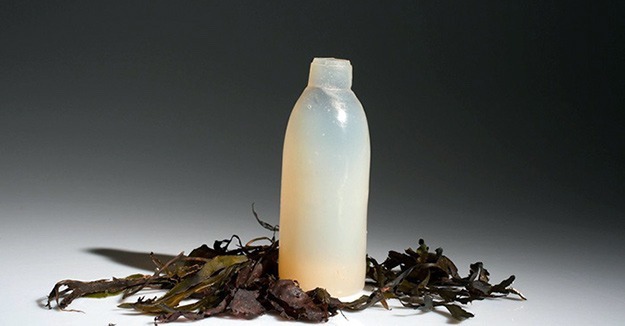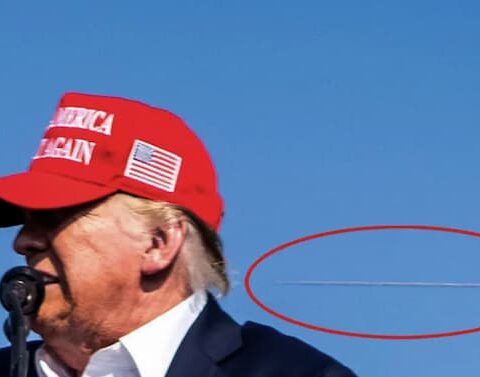Americans alone reportedly dump some 35 billion plastic bottles every year. Most of the rest of the world doesn’t fare much better.
At least half of the plastic manufactured is designed to be used only once and then thrown away.
The plastic takes centuries to decompose, resulting ultimately in landfills and beaches being inundated with these single-use plastics. Approximately 8 million tons of plastic is dumped into the world’s oceans annually.
A recent study suggests 60 percent of this plastic waste comes from just five countries: China, Indonesia, the Philippines, Thailand and Vietnam. Environmental groups and campaigners have been trying to find ways to combat this vast pollution problem for many years.
Ari Jónsson is someone who has worked hard to come up with a viable idea for countering the plastic problem on some level. The product design student at the Icelandic Academy of Arts, has designed a wholly bio-degradable water bottle.
He studied the viability of various substances and eventually discovered a possible solution to the dilemma of plastic by using red algae powder.
The substance can apparently be formed into a bottle by adding water and heat, forming the resulting jelly substance into a mold and placing it in a freezer. Entirely natural and totally bio-degradable, if the bottle remains filled with water, it keeps its shape and serves its function; but as soon as it is empty, it will then decompose.
Jónsson exhibited his innovation during this year’s Reykjavik design festival ‘DesignMarch‘.
Enough plastic is thrown away each year to circle the earth four times, and at present we recover only about five percent of the plastics we produce. A Greenpeace report from 2006, titled ‘Plastic Debris in the World’s Oceans’, states that at least 267 different animal species are known to have suffered from entanglement and ingestion of plastic debris.
Plastic-Pollution.org provides a very comprehensive and damning account of the deadly and destructive effects of this vast plastic pollution across the world. According to the National Oceanographic and Atmospheric Administration, plastic debris kills an estimated 100,000 marine mammals annually, as well as millions of birds and fishes. The United Nations Joint Group of Experts on the Scientific Aspects of Marine Pollution (GESAMP), estimated that land-based sources account for up to 80 percent of the world’s marine pollution, 60 to 95 percent of the waste being plastics debris.
The vast extent of plastic pollution of the oceans also comes back to us via the water supply. Plastic chemicals are absorbed by the body; 93% of American kids aged six or older reportedly test positive for a plastic chemical called Bisphenol-A (BPA).
http://twitter.com/Seasaver/status/658942652981878784/photo/1
This image above illustrates the nature of the eco problem: it shows a green sea turtle found dead on a beach in Hong Kong, with its stomach and intestines filled with plastic and other marine debris.
Read much more comprehensively about plastic pollution at Plastic-Pollution.org.
Read more on Ari Jónsson’s idea here.





Thankfully there are plenty of alternatives being developed to this problem, including hemp plastics, unfortunately as with the renewable energy industry they are up against the petrochemical giants who want to keep the status quo. In the end tho it will be up to us as consumers to make the change. If the masses stop being consumer drones we could have a bigger impact than any corporate giant or lobbyist. We need to keep encouraging sustainable developments like these and then follow that up with ethical consumer habits. Since all big business really only care about profit then our greatest weapon to force change that is beneficial to the planet is our wallets.
Great comment. I tend to think the ‘ethical consumer habits’ won’t become common unless it is mass marketed to the majority of people to be that way and think in those terms.
Laughingly, therein lies the irony. The stuff that harms us has way better marketing departments and bigger budgets as well as plenty of money to keep ingenius things like this from ever getting to the mass market. Why else are we not all driving around in amazing electric cars that cost nothing to run and do no harm to the environment.
Well, it’s kind of similar to how healthy foods are always more expensive and less advertised/promoted than the stuff that’s bad for us.
Reblogged this on TheFlippinTruth.